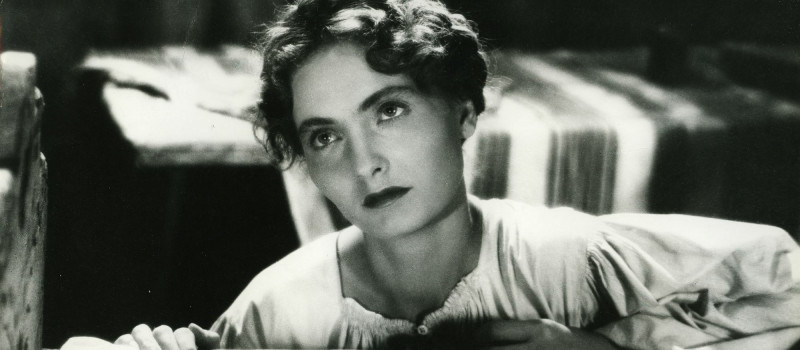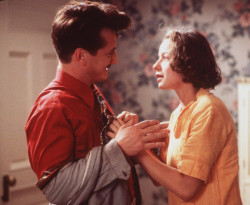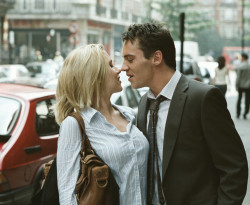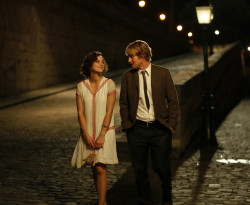
People of the Mountains (Emberek a havason, 1941)
120 years of Hungarian cinema
- Müpacinema
Ticket prices
Thank you for your understanding and cooperation.
István Szőts's film has become a benchmark in Hungarian cinema. Despite the fact that it received a mixed reception in its own time. Having said that, it did win the award for Most Artistic Film at the Venice Film Festival. It is hard to judge, of course, 80 years on, what was considered cinema/an art film at that time. Perhaps the same is true today. It only later became apparent that People of the Mountains was a forerunner of Neo-Realism. The film courageously stepped away from the framework of the studio and star system. It created a new cinematic language.
In Hungarian, without subtitles.
The discussions before and after the screening will be conducted in Hungarian.
Presented by: Müpa Budapest
Featuring:
-
HostGyörgy Ráduly
Creator:
-
DirectorIstván Szőts
Parking information
We wish to inform you that in the event that Müpa Budapest's underground garage and outdoor car park are operating at full capacity, it is advisable to plan for increased waiting times when you arrive. In order to avoid this, we recommend that you depart for our events in time, so that you you can find the ideal parking spot quickly and smoothly and arrive for our performance in comfort. The Müpa Budapest underground garage gates will be operated by an automatic number plate recognition system. Parking is free of charge for visitors with tickets to any of our paid performances on that given day. The detailed parking policy of Müpa Budapest is available here.
Safe ticket purchase
Dear Visitors, please note that only tickets purchased from the Müpa website and official ticket offices are guaranteed to be valid. To avoid possible inconvenience, we suggest buying tickets to our performances and concerts via the mupa.hu website, the Interticket national network (jegy.hu) or at our official ticket offices.






